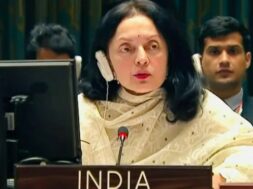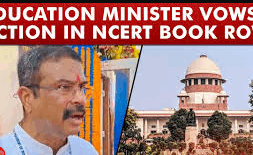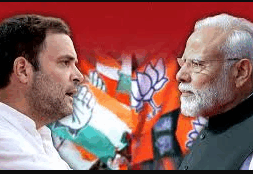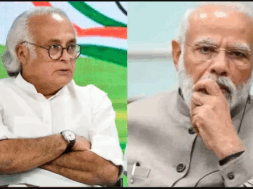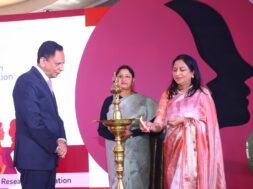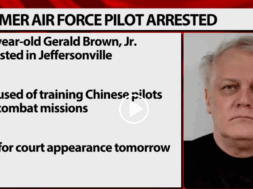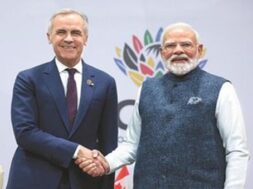
Roving Periscope: Resisting pressures, India “stands tall and proud on its own”
Virendra Pandit
New Delhi: In a comprehensive reply to rival pressure groups of countries, India on Thursday declared it is a big country that “stands tall and proud on its own” with its own relations with competing international blocs, and nobody pushes it around.
India’s Permanent Representative to the United Nations Ruchira Kamboj made this assertion when asked at a press conference about Russian Foreign Minister Sergei Lavrov’s claim that the North Atlantic Treaty Organization (NATO) is pushing New Delhi towards the West’s military alliance against Moscow and Beijing.
“India is too big a country. It stands tall and proud on its own,” she asserted, emphasizing its multi-dimensional, independent policy.
“We do have a relationship with Russia, an important relationship with Russia… And as far as the relationship with the US is concerned, it’s a comprehensive strategic partnership, which has never been closer, tighter, or stronger than it is today.”
The position of India, which took over as the rotating presidency of the 15-member UN Security Council (UNSC) for December on Thursday, is not passive in the ongoing conflict between Russia and Ukraine, she said, adding New Delhi has been speaking to both sides and has favored peace and de-escalation through diplomacy and dialogue, the media reported on Friday.
“In the course of the conflict in Ukraine, we have been very clear and consistent right from the outset. We have spoken in one voice that we are for peace. Peace is also a side and we favor diplomacy and dialogue,” Kamboj said.
Kamboj said that Prime Minister Narendra Modi and External Affairs Minister S. Jaishankar are “speaking to both sides.”
“We are among the few countries, dare I say, which are speaking to both sides,” she said, adding that PM Modi’s comment to Russian President Vladimir Putin that “this is not an era of war” has received global acceptance and even found its way into the recent G20 Declaration adopted in Bali, Indonesia.
India has been very mindful of the humanitarian situation and has shipped 12 medical consignments to Ukraine and given financial assistance to build educational institutions, she said.
“I think that is one of our strengths and it has been recognized as one of our strengths that we are a voice of moderation, a voice of reason, and a bridge-builder. And we will walk the talk in the December presidency,” Kamboj said.
Responding to a question on bringing the two countries to the negotiating table, she said, “definitely there is an attempt and everything is not played out in the public domain as you can understand.”
“Parties are talking, people are talking, and everybody wants to de-escalate the situation. And we very much hope that sooner or later, this effort to de-escalate will succeed,” she said.
The top Indian diplomat said India has also condemned the targeting of civilians and civilian infrastructure in this conflict, no matter who commits this. New Delhi has stated very clearly that this conflict has had an immense impact and suffering on countries of the global South.
“And there, we’ve not been idle either. We have extended a helping hand despite constraints in our own country, helping Ukraine, Afghanistan, Myanmar, Sudan, Yemen, and Sri Lanka,” she said.
“So, by any standard, this is not the stand of a country that is passive. This is the stand of a country that is creative, caring, contributory, that is willing to bring solutions to the global top table,” she said.
Kamboj stressed India has been very conscious of the fact that the Russia-Ukraine conflict has had a very severe impact on the global South. “There has, in fact, been collateral damage there and we have stated this, unhesitatingly so, in all our statements,” she said.
She said Ukraine is very much a focused matter in the Council and the UN body could meet during the month on the issue. The UNSC is actively following developments in both Ukraine and Haiti.
India has taken over the UNSC’s presidency when the global body is paralyzed by the invasion of Ukraine by veto-wielding Russia and the global tensions reflected in it. New Delhi’s open lines of communication to the West and to Russia could be useful in this context.
